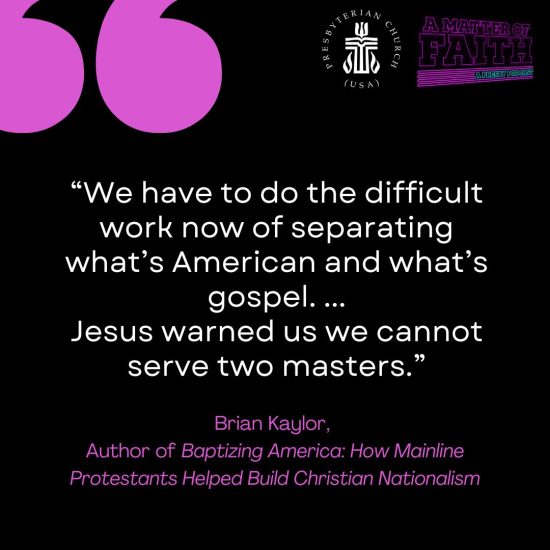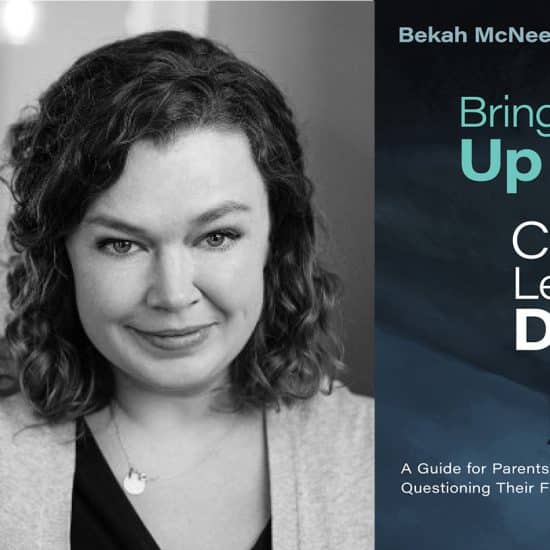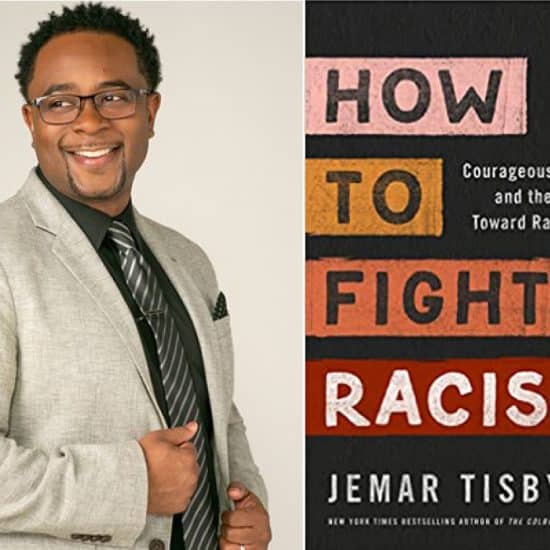What Do a Christian Be? From Belief to Behavior by Al Fasol and Malinda S. Fasol (Authorhouse) 2008.
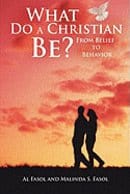 |
Phillips Brooks famously defined preaching as “truth through personality.” Al Fasol, retired professor of preaching, and Malinda Fasol, his daughter, combine these qualities in a 503-page work of Christian fiction.
The personality of the book will especially be enjoyed by those who are fans of nostalgia or history. Set primarily in the post-World War II years, we watch Scott Carvelle grow from a boy into a young man. Scott’s journey takes him through the common stages of life and the particular challenges of that era—from getting through school, to making ends meet, to looking for that special someone. The reader also rubs shoulders with major world personalities and events, including war, sports, politics, and the social and economic culture of that day.
The truth in the book is that of sound Christian theology. The story follows the faith development of the main character. He goes from disbelief to salvation to working through the challenges of a growing follower of Christ. As one reads, the fictitious story becomes a primer in how a Christian should think and behave. The title, a colloquialism of one character, is reminiscent of Francis Schaeffer’s book How Should We Then Live?
Karl Fickling is a consultant for the Baptist General Convention of Texas.
Baptist Questions, Baptist Answers by Bill J. Leonard (Westminster John Knox Press)
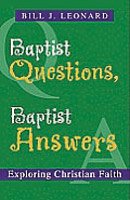 |
Using a question-and-answer format that begins with queries about Baptist history and heritage and then plunges into inquiries about theology, ethics and church polity, respected church historian Bill Leonard offers answers providing a brief-but-comprehensive picture of Baptists.
With characteristic insight and a razor-sharp wit that shines through in spite of the author’s best efforts to be clinical and detached, Leonard presents simple—but never simplistic—answers to deep questions. Often citing historical confessions of faith—and sometimes quoting the hymns sung by people in the pews—Leonard presents a honest appraisal of those beliefs held in common by nearly all Baptists, but he also notes areas where Baptists of different stripes disagree.
The format, with 84 questions related to 14 general topics, lends itself not only to individual study, but also discussion in a classroom setting. This book would be particularly well-suited to a new-member orientation class or for individual study by people who preparing are to be baptized. But it would be equally valuable for general study by longtime church members who may have forgotten—or who never really understood—what it means to be Baptist.
Ken Camp is managing editor of the Texas Baptist Standard.


